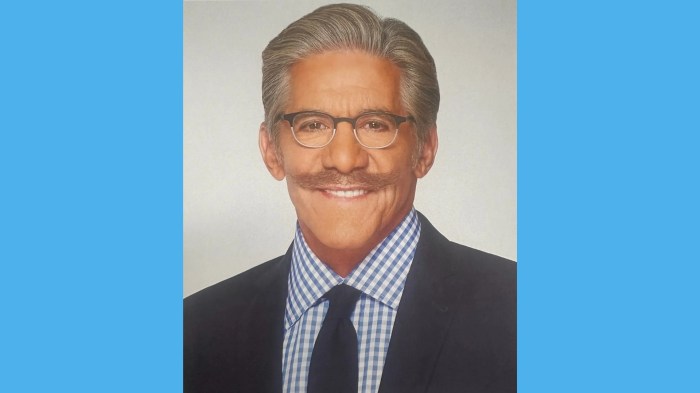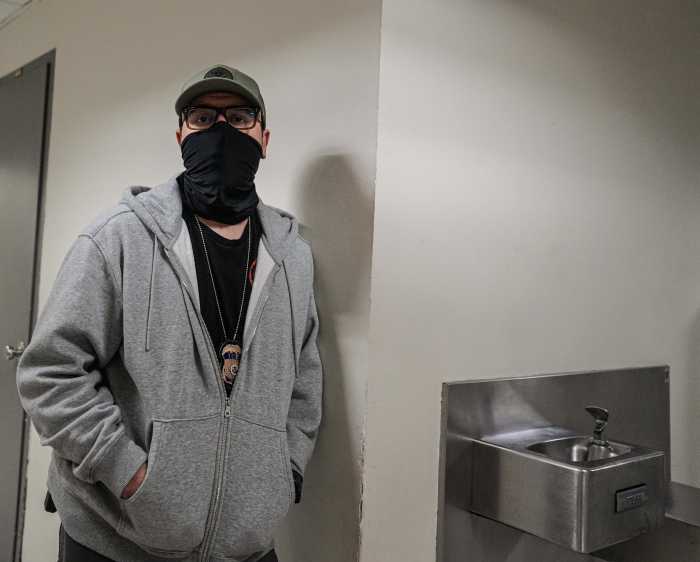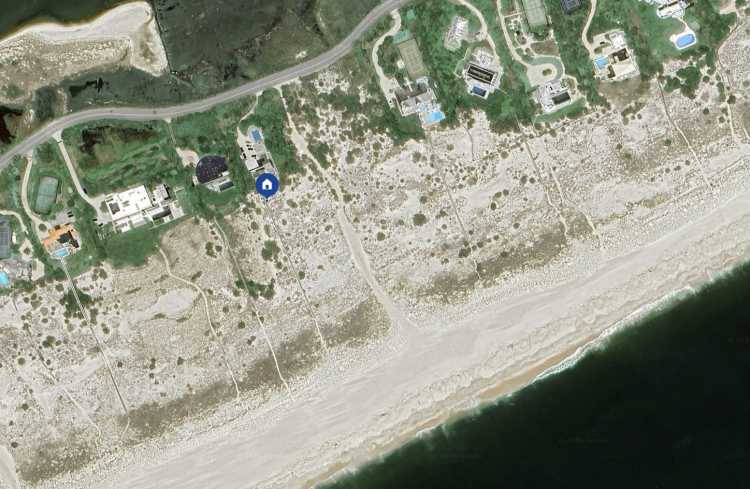The grainy black-and-white videos are basically the same. They show a stripped-down, outboard-powered speedboat or a specially designed half-submersible vessel, its decks awash, underway.
Suspected drug-runners, the boats are cutting through the waters of the Caribbean or the eastern Pacific. In the blink of an eye, we watch as they are targeted by dooming crosshairs that soon erupt in a blinding explosion. The boat disappears, and the missile impact area is strewn with debris, scattered drugs and body parts.
At least 10 times in the last two months, purported dope smugglers have been blown up by the United States military, most often in international waters around Venezuela and Colombia.
After initially asking us to take their word that the deadly missions are righteous, Secretary of War Pete Hegseth now details which smuggler was killed and why, whether cartels, Marxist rebels or gangbangers.
Overseas, President Trump may be the peacemaker using moral suasion and the blunt force of tariffs to make peace from Azerbaijan and Armenia to Pakistan and India, to Hamas and Israel.
But for all his questing for recognition as a peacemaker abroad, on the high seas, closer to home, Trump is out for blood. Now, with an aircraft carrier and an enhanced fleet at his disposal, Trump promises to rid the waters south of the United States of drug runners.
Many are queasy about us blowing up drug smugglers with neither warning nor trial.
Me, not so much. If we are pretty sure of their identity, cargo, and destination, these smugglers must know they are taking a life and death risk. Throughout history, pirates caught red-handed have paid the ultimate price. Isn’t a missile strike the modern, moral equivalent of a buccaneer being flogged, branded, and hung from the yard arm?
Critics of President Trump’s high-tech attacks say no use of force is permitted, unless a war is declared or the action is sanctioned by Congress or the UN Convention on the Law of the Sea.
Several Republican senators, led by Rand Paul, have condemned the lethal strikes. These lawmakers have characterized the killings as extrajudicial, outside the law, and illegal. They believe strongly that even drug traffickers caught red-handed in international waters should be given their day in court.
I disagree.
These are bad dudes. From 1999 through about 2015, the United States spent $10 billion to save the South American nation of Colombia from a Marxist insurgency that was being funded by drug smuggling. And this isn’t the first time we have used lethal military force to fight them.
In 2008, a rebel leader I had interviewed for Fox News a couple of years before, named Raúl Reyes, the head of the principal rebel group, was killed by a missile strike, certainly targeted and fired by the United States.
Colombia is still a mess, unable to prevent itself from being used as a drug depot. What has changed is the emergence of Venezuela as a strategic enemy of the United States. There is little doubt that the dictator Nicolás Maduro is trying to destabilize the United States with migrants and illicit drugs.
80,000 Americans died last year from overdoses. Now we are fighting back.
The U.S. has built up a considerable fleet in the area between the Caribbean and South America. Trump now has an aircraft carrier and several other major vessels on location.
In a week or so, the dope runners will get the message. This is not a profession that promises longevity.
When a drug smuggler decides to move a ton of fentanyl laced cocaine from Caracas to South Beach, they stand a reasonable chance of ending up like the pirates of yore, swinging from the yard arm.






























